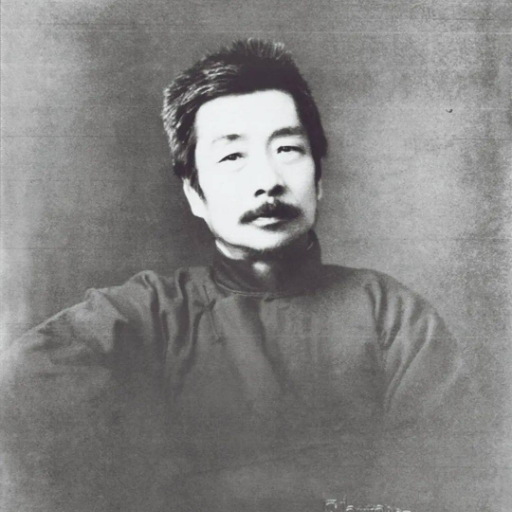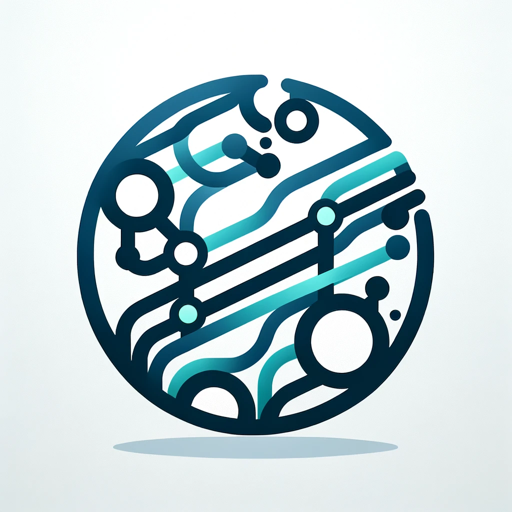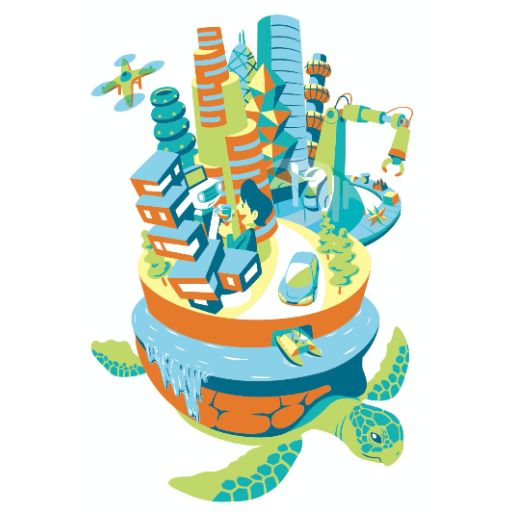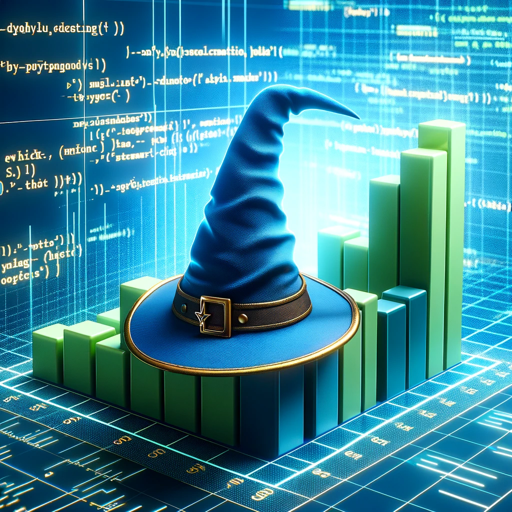Time Portal-immersive historical exploration game
Explore history through AI-powered time travel
Travel to ancient Greece.
Participate in a random historical moment.
Chat with Albert Einstein.
How do I play the game?
Related Tools
Load More
Timeline |Cronología
According to the event name you entered, draw a linear timeline. | De acuerdo con el nombre del evento que ingresaste, dibuja una línea de tiempo lineal.

Timeline Generator
Timeline Generator: AI-Expert in crafting detailed timelines for historical, personal, project, or fictional narratives. Organizes data chronologically with clarity.

The Temple of Ra

Alternative History (假如历史可以重来)
Generates "what-if" history scenarios based on your input.

Futures Wheel - The official one
Millenium Project official Futures Wheel foresight method providing futures models by integrating Cross Impact Analysis.
The Chrono-Locator Challenge
20.0 / 5 (200 votes)
Overview of Time Portal
Time Portal is an interactive, educational time-travel game designed to immerse players in different historical periods. It blends entertainment with learning, offering players the chance to explore various eras through realistic scenarios, character interactions, and quests. The game aims to foster curiosity about history and allows players to engage with pivotal events, figures, and cultures from the past. Time Portal goes beyond traditional games by making the player's choices impactful, meaning decisions affect outcomes and create varied experiences. For example, a player might travel to Renaissance Florence, interact with artists like Michelangelo, and embark on quests that might involve helping with the construction of the Sistine Chapel. Players are equipped with inventory items relevant to the era, characters with unique personalities, and quests that align with historical contexts.

Core Functions of Time Portal
Historical Exploration
Example
A player selects to visit ancient China during the Han dynasty.
Scenario
The player is transported to a bustling city in 200 AD. They see people trading goods, hear the ringing of iron bells, and interact with characters like a scholar who needs help recovering stolen bamboo scrolls. Time Portal provides an immersive description of the setting, complete with historical facts, while enabling the player to make decisions that influence their path. If the player helps recover the scrolls, they may receive an ancient compass as an inventory item, which could prove useful in future quests.
Character Interaction
Example
A player travels to Victorian London and chats with Charles Dickens.
Scenario
The player arrives in a dimly lit, foggy London street in 1850. After encountering Charles Dickens, they engage in a conversation about his latest book, 'David Copperfield.' The player could ask Dickens about his writing process or help him gather inspiration by observing life around London's poverty-stricken areas. This interaction provides a rich, historically accurate dialogue, revealing personal details about Dickens' life and work. Through these conversations, the player gains deeper insights into the time period.
Era-Specific Quests
Example
A player embarks on a quest to assist Benjamin Franklin during the American Revolution.
Scenario
Upon traveling to 1776 Philadelphia, the player meets Benjamin Franklin, who needs help finalizing a draft of the Declaration of Independence. The quest involves finding and decoding encrypted messages from British spies, navigating the bustling colonial city, and using items like an 18th-century quill to record key information. Success in this quest might result in the player being rewarded with a symbolic artifact, such as a lightning rod, signifying Franklin’s scientific contributions.
Target Audience for Time Portal
History Enthusiasts
Individuals with a passion for history, whether they are students, educators, or hobbyists, will benefit from Time Portal’s immersive educational experience. By placing the player directly in historical contexts, they can learn about cultures, events, and figures in a hands-on way. Time Portal caters to those who prefer experiential learning and enjoy exploring alternate historical narratives. For example, a history teacher could use the game to illustrate key historical moments for students, making lessons more engaging and memorable.
Gamers Seeking Narrative-Driven Experiences
Time Portal appeals to gamers who enjoy deep narrative elements and interactive storytelling. These users may not necessarily have a strong interest in history but are drawn to games where their decisions shape the story. The game offers various quests, choices, and paths, encouraging replayability and exploration. For instance, a gamer might choose to visit ancient Egypt, helping a pharaoh deal with political unrest, while another might opt to explore the French Revolution, influencing key revolutionary events through their actions.

How to Use Time Portal
1
Visit aichatonline.org for a free trial without login, also no need for ChatGPT Plus.
2
Choose a time period: After accessing the portal, select a specific historical era, event, or person to visit, or opt for a random suggestion.
3
Immerse yourself: Once the era is selected, interact with the generated environment, view historical figures, and engage in activities.
4
Use game options: Manage inventory, embark on quests, or chat with characters from that period using the provided commands.
5
Travel freely: Move between different historical periods at any time, adjusting the flow and interactions based on your learning or entertainment preferences.
Try other advanced and practical GPTs
鲁迅说
Transform your text with Lu Xun's sharp insights.

AI News Curator
AI-powered news, curated for you

GTP search
Your AI-powered information hub

Data Science Interview
Master data science interviews with AI-powered practice.

ChatOffer求职教练
AI-powered career guidance for everyone

Content Press
AI-Powered Blog Post Creation and Publishing

#ROS2ではじめよう GPT
Empower Your Robotics with AI Guidance

Invoice Assistant
AI-powered tool for seamless invoice data extraction.

Email Editor GPT
AI-powered email editor for precision

Data Analysis and Operations Research Expert
AI-powered data insights and solutions

Data Analytica
AI-Powered Data Analysis Tool

Excel Wizard
AI-Powered Excel Task Automation

- Interactive Learning
- Character Interaction
- Time Travel
- History Exploration
- Quest-Based Gaming
Time Portal Q&A
What is Time Portal?
Time Portal is an interactive time-travel game that lets users explore various historical periods, interact with historical figures, embark on quests, and gain immersive knowledge about different eras.
How does Time Portal enhance learning?
Time Portal immerses users in historical settings, making history come alive through character interactions, quests, and real-time engagement, which promotes an experiential learning experience.
Can I use Time Portal without signing up?
Yes, Time Portal allows you to start exploring different time periods without the need for a login or a ChatGPT Plus subscription. You can visit aichatonline.org and dive in immediately.
What kind of historical figures can I interact with?
Time Portal offers the chance to interact with a wide array of historical figures from many time periods, ranging from philosophers like Socrates to inventors like Leonardo da Vinci. The characters remain true to their historical contexts and knowledge.
What kind of quests can I go on in Time Portal?
Quests vary based on the historical period you are exploring. They can involve solving period-specific problems, helping characters with tasks, or even participating in pivotal historical events, each leading to different outcomes based on your decisions.